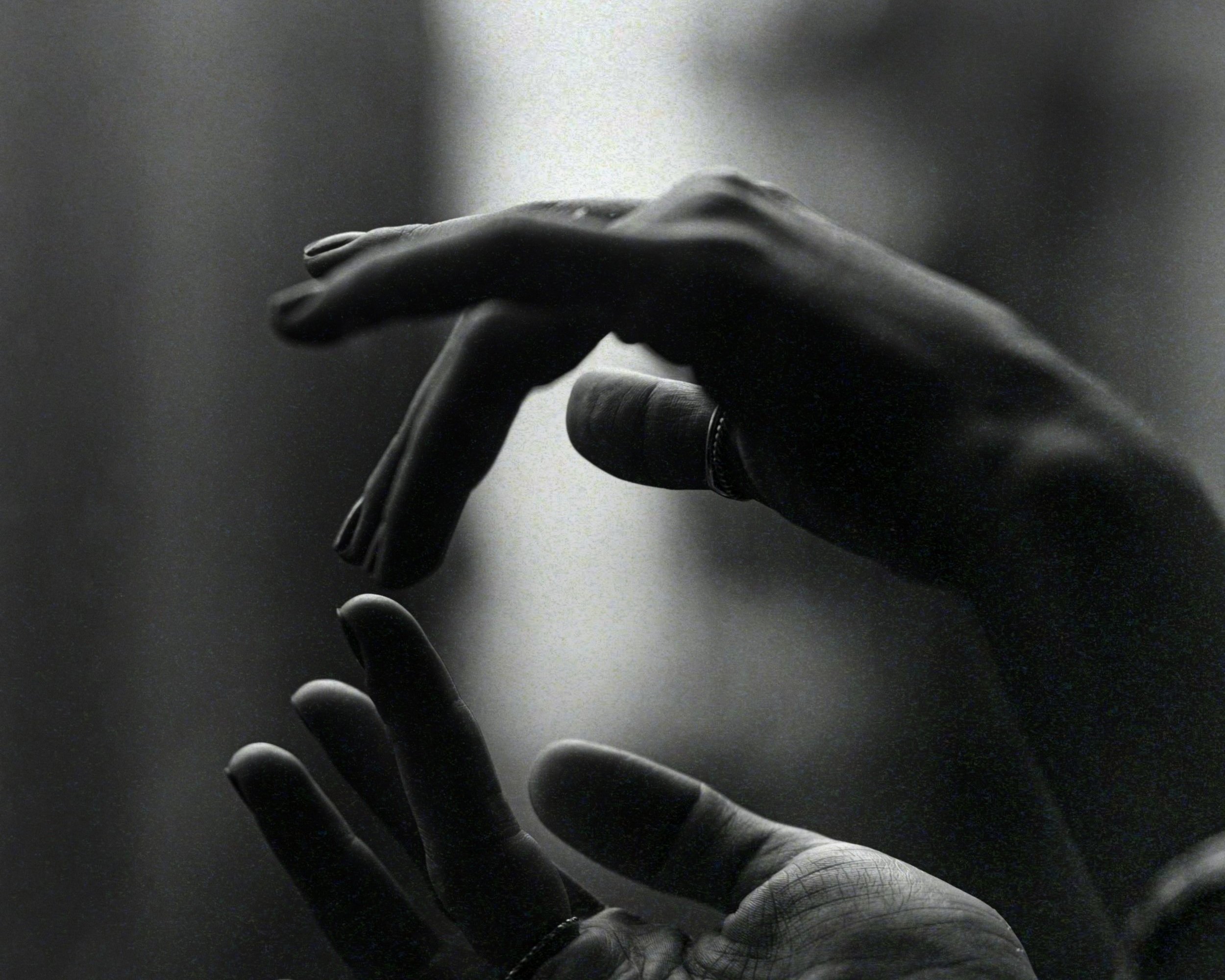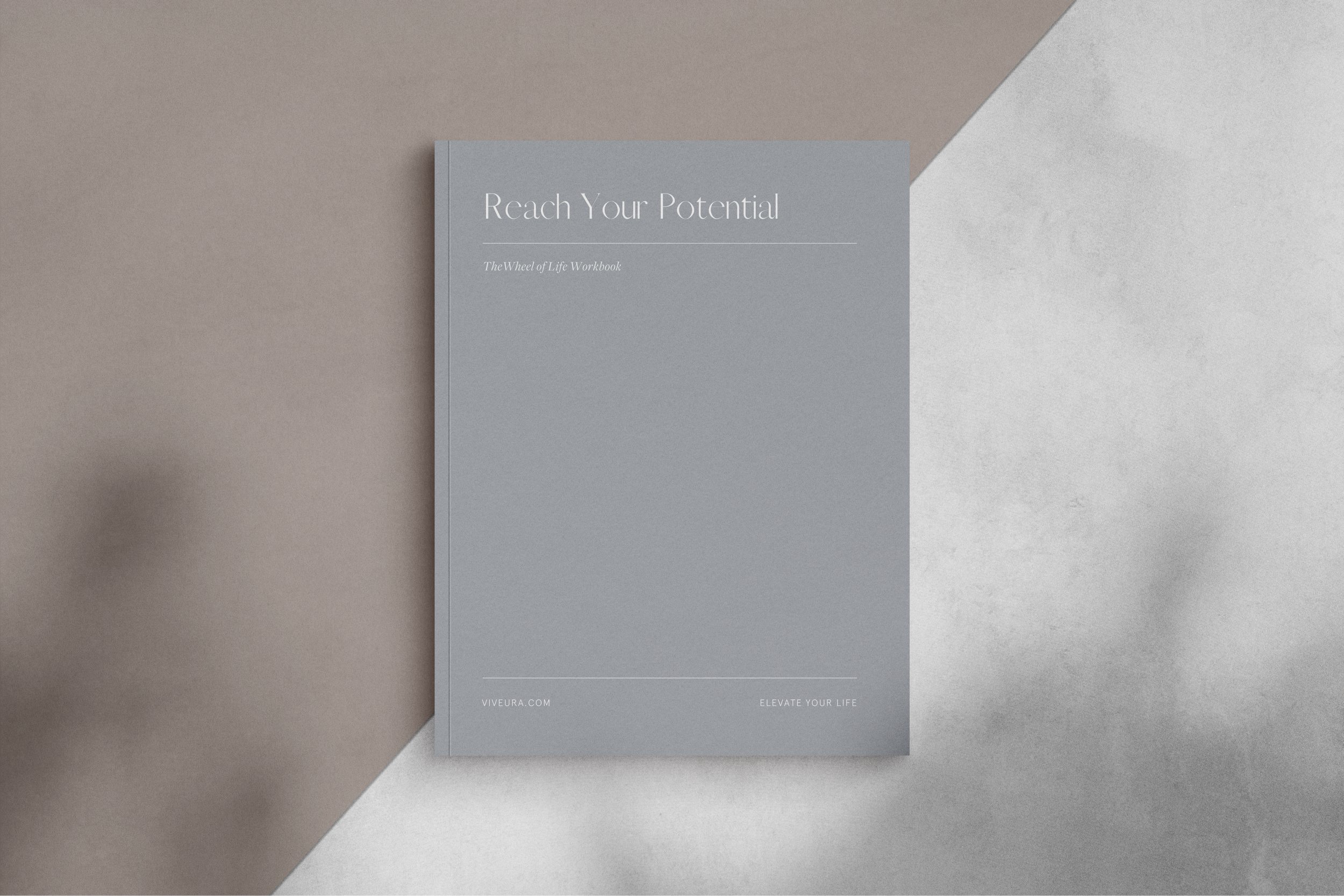What is the Wheel of Life and How to Use It
Finding equilibrium across various facets of your life can be a daunting task. Enter the Wheel of Life, a powerful tool that offers a holistic perspective on how to achieve happiness through balance.
Of all the different personal growth frameworks available, the Wheel of Life is one of the most practical. That’s because it helps you map out each area of your life and easily evaluate whether that area is in alignment with your overarching life vision. There are typically three challenges you face when it comes to personal growth:
You lack a purpose for your life
You lack a process for realizing it
You lack progress and momentum
The Wheel of Life is most relevant to step three. You can have a purpose and a process but still be stagnant. That’s because you haven’t gotten granular enough to uncover the significant barriers that are holding you back.
The demands of work, relationships, health, and other life areas, often tug us in different directions, leaving us feeling overwhelmed and unfulfilled. In this article, we will delve into the concept of the Wheel of Life and explore how you can use it to find happiness by balancing these areas and making progress within each of them.
What is the Wheel of Life
The Wheel of Life is a visual representation of different areas or themes of one's life. Typically, it consists of a circle divided into sections, each representing a specific aspect such as career, health, relationships, finances, and more. The goal is to assess your current satisfaction or fulfillment level in each area by rating it on a scale from 1 to 10, with 1 being extremely dissatisfied and 10 being completely satisfied.
The goal of ranking your themes is to determine how happy you are with them and how well they are aligning with your ideal self. It's not about having a perfect 10 within each theme but recognizing whether a particular theme needs attention because it disproportionately distracts or hinders your progress.
Once you assess each life theme by assigning a value, you can then prioritize the ones that you will focus on improving. Prioritization is important as you can’t make major changes in your life all at one time or you’ll be stretched too thin.
Identify your themes
Begin by listing the key themes of your life that matter to you. Common themes include career, relationships, health, finances, spirituality, and recreation. These themes may vary from person to person, so tailor the wheel to suit your individual priorities.
Rate each theme
Assign a score from 1 to 10 to each theme based on your current level of satisfaction. Be honest with yourself and reflect on how fulfilled you feel in each area. This process allows you to pinpoint areas that require more attention and improvement.
Connect the dots
Once you have rated each theme, connect the dots to create a visual representation of your Wheel of Life. This visual snapshot provides a clear picture of the balance (or imbalance) in your life. The shape of your wheel can reveal areas where you may be excelling and those that may need more focus.
The key Wheel of Life themes
Your level of happiness is directly correlated to the gap between where you are right now and where you want to be, or the difference between your ideal self and how you perceive yourself currently. Of course the smaller the gap, the happier you are. But many people struggle with enduring happiness because they have a vague understanding of what gaps exist and just how big they are.
In order to understand your gaps and the levers you need to pull in order to close them, use the Wheel of Life as a tool to help you analyze and balance your different life themes. Here are examples of key life themes that make up the most important areas of a person’s life.
Relationships
An 80-year Harvard study shows that quality of relationships is one of the most significant contributors to feelings of happiness. This life theme encompasses all of your human connections and interactions including family and friends, loose connections and acquaintances, as well as romantic relationships with a spouse or partner.
Career
The career theme is related to your professional development no matter if you are an artist, physician, or entrepreneur. Your education and what you’ve chosen as your field of work are included in the career theme. For some, it’s just a job and for others, it’s their life's purpose, but what you do for work (and how important you perceive it to be) is a major contributor to happiness.
Health
Health and wellness are the foundation of happiness and include your physical and mental well-being. Humans strive to survive and thrive, but you can’t do the latter without the former. Your commitment to self-care has a direct impact on your happiness so it’s of the utmost importance to know where you stand with this particular theme.
Finances
Living in a capitalist society, most of us equate security with money. Since security is at the base of our hierarchy of needs (just above the basics of food, shelter, and clothing), how we perceive our financial state influences how happy we are.
Interests
Your personal interests are the cultural and social activities you like to engage in or what you do for fun and recreation. These hobbies are important because you associate them with relaxation and pleasure. They are a welcome break from the responsibilities that often cause stress. Therefore, your level of commitment to personal interests factors into feelings of happiness.
Growth
This is a broad category that’s related to your overall feelings of progress. Many people have a purpose and equate growth with how well they are manifesting that purpose. Others equate growth with their spiritual or philosophical beliefs and their ability to deepen their knowledge and practice of the ideals they garner from these doctrines.
How to manage your Wheel of Life
Identify Imbalances
Look for irregularities or imbalances in the shape of your wheel. A lopsided or uneven wheel indicates areas of your life that may be neglected or overemphasized. For instance, a perfectly round wheel suggests balance across all theme, while an irregular shape may reveal areas that need attention.
Set Priorities
Reflect on your wheel and identify one or two themes that stand out as needing improvement. Consider these areas as priorities for your personal development journey. This focused approach helps you set clear goals and take intentional steps toward a more balanced life.
Take Action
For each prioritized theme, develop actionable steps to enhance your satisfaction and fulfillment. Whether it's setting career goals, investing time in relationships, adopting healthier habits, or pursuing personal passions, having a concrete plan ensures that you actively work towards improving specific aspects of your life.
Regular Review
Make progress with the Wheel of Life
Whether or not you believe you are progressing influences your level of happiness. The main thing to understand about your life themes is that if any of these areas are significantly out of balance, they can hinder your ability to feel happy and content with your life.
For instance, if you are constantly sluggish and groggy because you don't get enough rest, then you are neglecting the theme of health. That neglect impacts other areas (such as poor sleep hurting your ability to focus at work) and prevents you from realizing your full potential.
When you aren’t reaching your potential on one or more themes then you aren’t living up to your ideal self. If left unchecked this perpetuates feelings of frustration, discontent and unhappiness. Different themes may need different amounts of attention at different times, so a great way to stay on track is to schedule time to review your Wheel of Life on a regular basis.
Balance
The Wheel of Life promotes the idea that a fulfilling life is one in which all themes are in harmony. While it's natural for certain themes to take precedence during specific life phases, maintaining a general balance ensures that neglecting one aspect doesn't detrimentally impact yourself or others.
Goals
The Wheel of Life encourages a holistic approach to goal setting. Instead of fixating on a single aspect, consider how your goals in one dimension may complement or conflict with other areas. Strive for a well-rounded set of objectives that contribute to your overall life satisfaction.
Growth
Acknowledge and celebrate small victories along your journey. Whether it's a career milestone, improved health habits, or strengthened relationships, recognizing and appreciating your progress keeps you motivated and encourages a growth mindset.
Support
Don't hesitate to seek support from friends, family, mentors, or professionals as you work towards your goals. Discussing your aspirations, challenges, and achievements with others can provide valuable insights, encouragement, and accountability.
Summary of the Wheel of Life
Life is dynamic, and priorities may shift over time. Regularly revisit your Wheel of Life to reassess your satisfaction levels and make adjustments as needed. This ongoing process of self-reflection and goal-setting fosters continuous improvement and adaptability.
Also, sometimes it’s ok to neglect certain areas so you can go all in on others. There are many times in life where one theme will take absolute precedence over the others, such as when you've just had a child, or if you are in graduate school, or if you are starting a business.
Don’t use the Wheel of Life as a shaming tool to make yourself feel bad about where you are in life. Use it as an empowerment tool to help you determine the most significant contributors to your happiness, and ensure they are being developed.
In summary, The Wheel of Life is not just a tool but a philosophy that encourages a balanced and intentional approach to living. It can help you cultivate a sense of purpose, satisfaction, and fulfillment. Remember, the journey to a more balanced life is ongoing, and the Wheel of Life is your compass, guiding you towards a more harmonious and meaningful existence.


